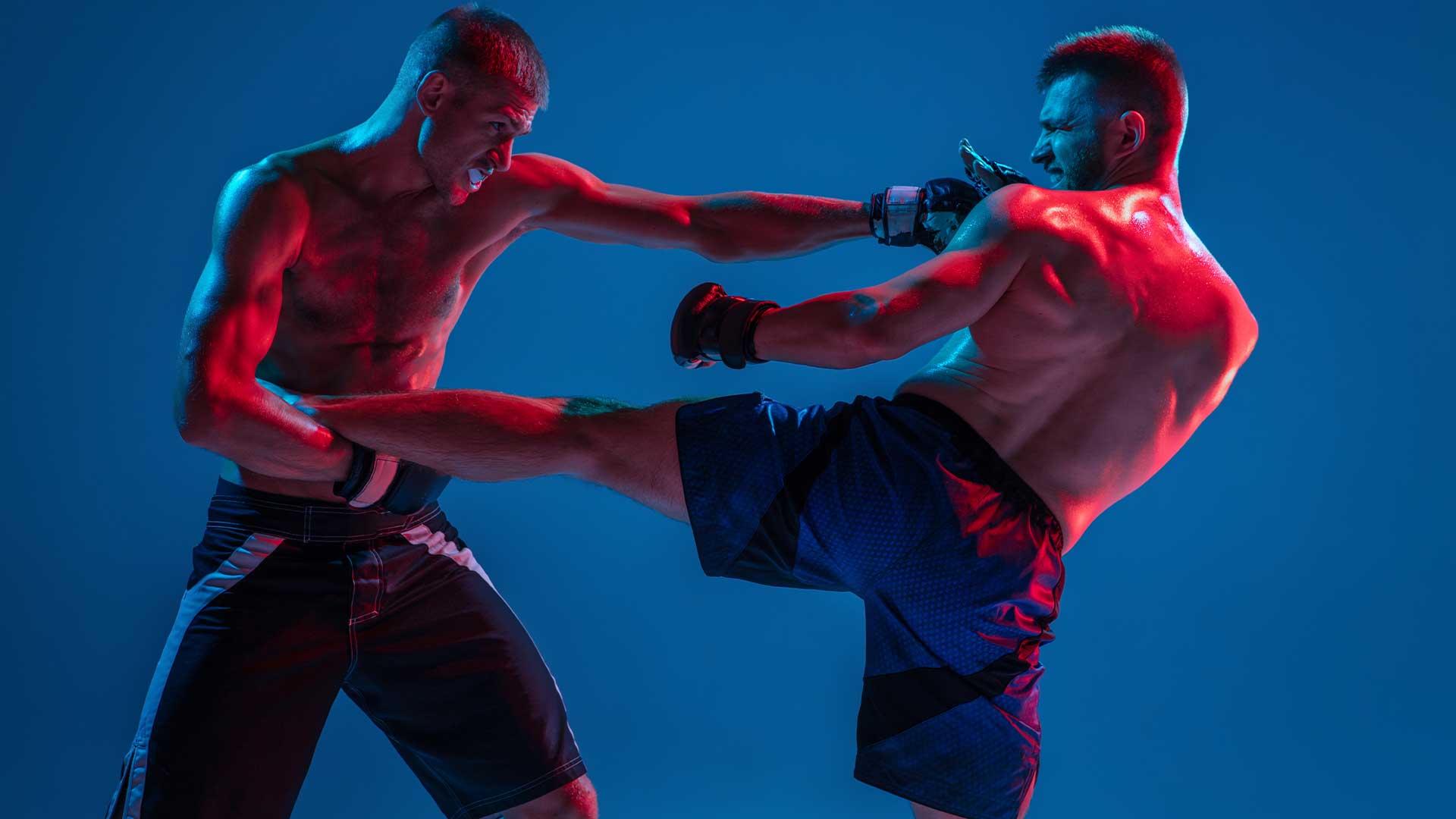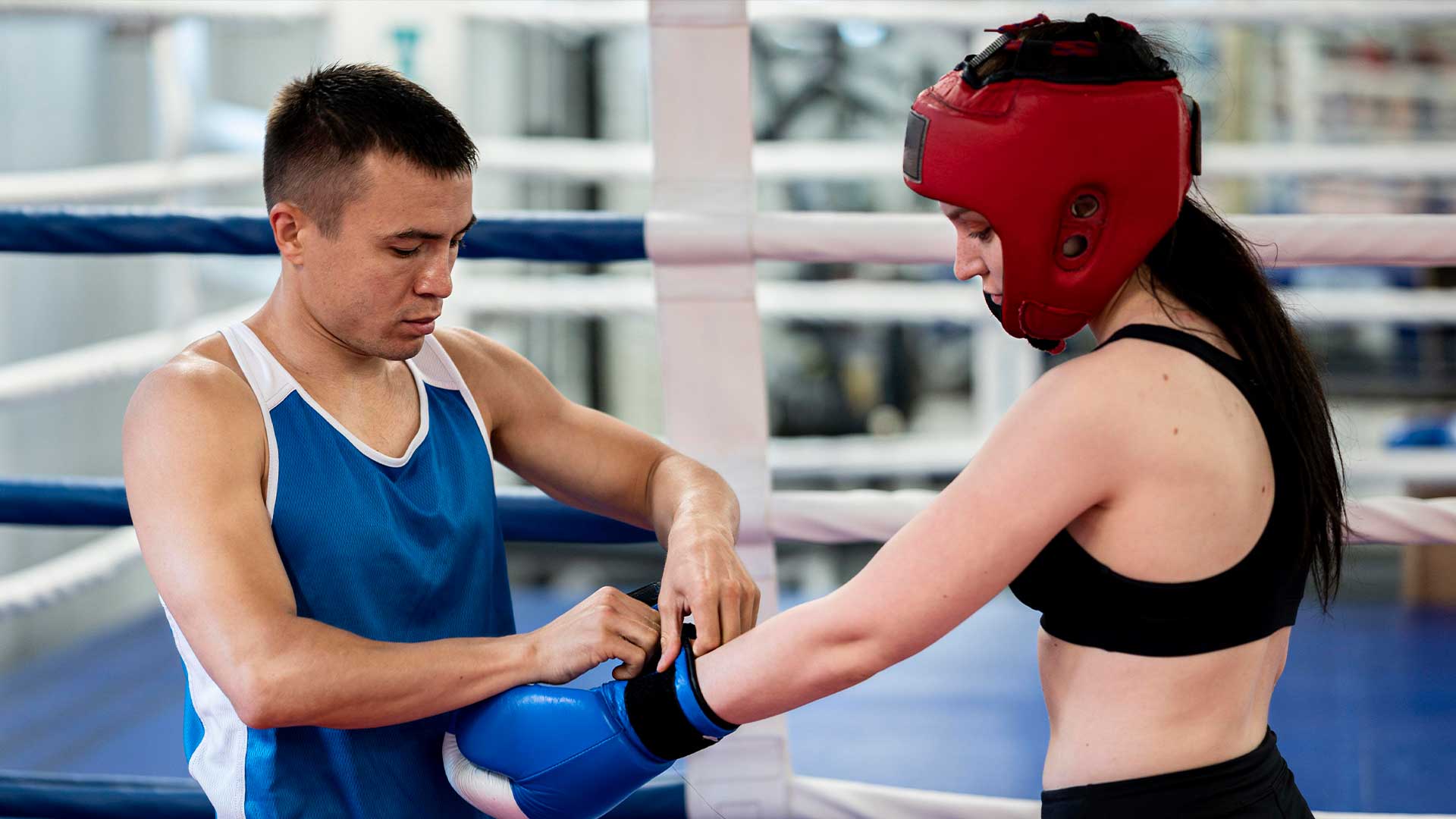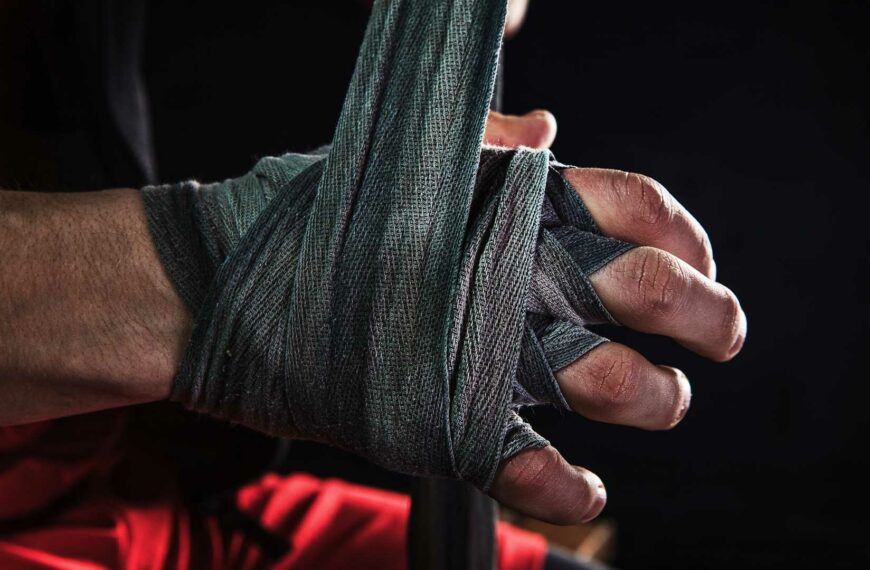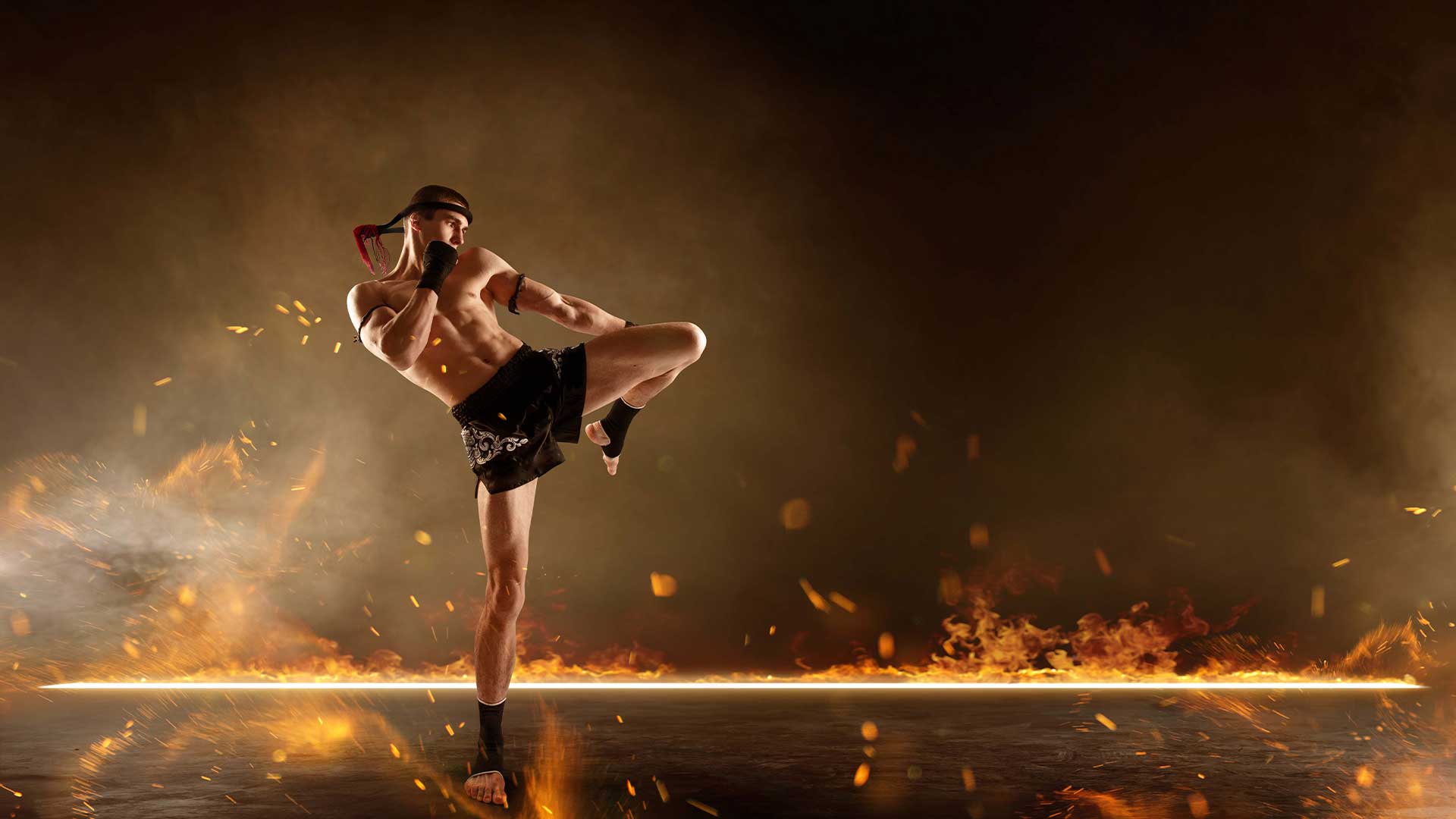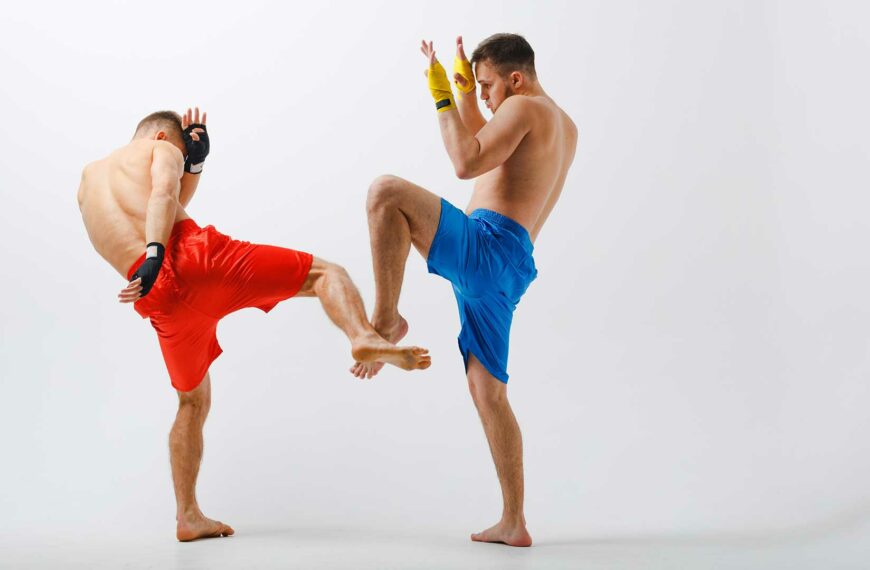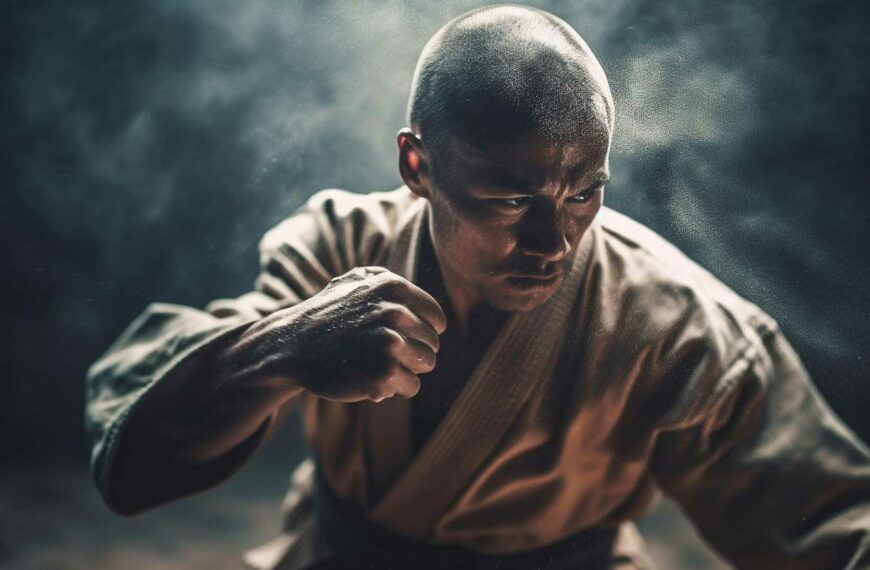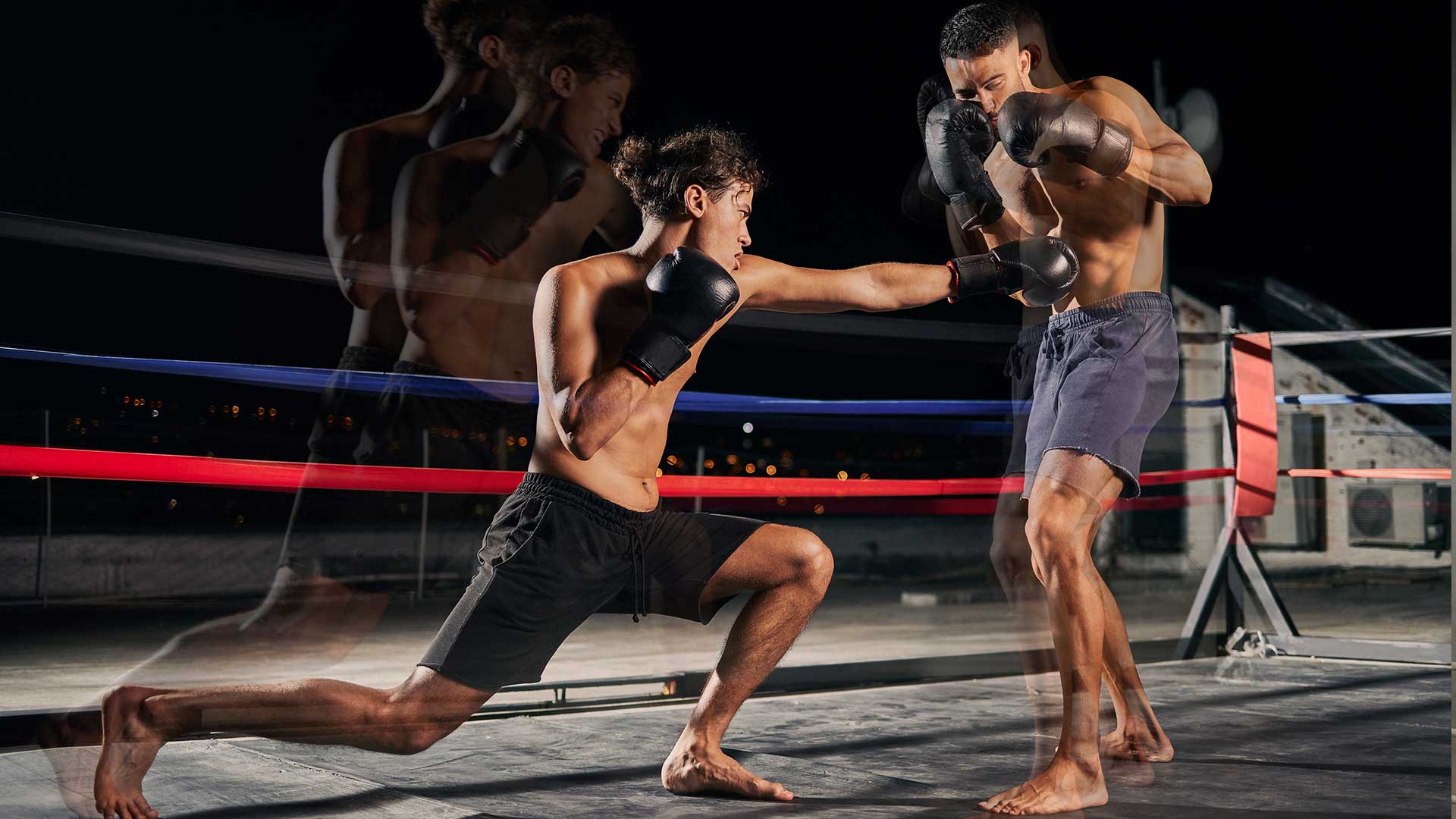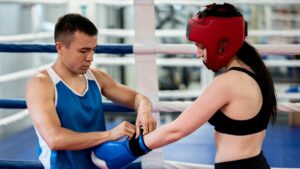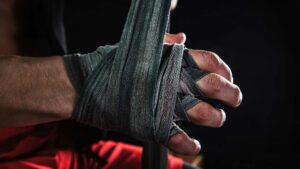Forget the monotonous treadmill sessions and the uninspired weight-lifting routines. If you’re looking to truly revolutionize your fitness journey with something that will challenge every fiber of your being while imbuing you with an unparalleled sense of discipline and strength, then Muay Thai, also known as the “Art of Eight Limbs,” is your answer. And you, my fitness-enthused friend, have stumbled upon the most comprehensive, no-nonsense Muay Thai training plan tailored specifically for beginners. Welcome to the start of an exhilarating journey that promises not just sweat and tears, but also invaluable lessons in resilience, agility, and mental fortitude.
Learn Muay Thai Training Plan for Amateurs
- Understand what Muay Thai is.
- Follow a structured training plan for beginners.
- Plan includes daily activities and rest days.
What is Muay Thai?
Muay Thai is not just a sport; it’s a rich cultural heritage of Thailand, a martial art revered for its complexity and effectiveness in close combat. It utilizes the body’s natural weapons, fists, elbows, knees, and shins in a symphony of strikes that demands both physical and mental acuity. The beauty of Muay Thai lies not in brute strength but in the fluidity of movements, the strategy behind each strike, and the profound discipline it instills in its practitioners.
For those of you new to this martial art, let me be clear: embarking on a Muay Thai training regimen is no walk in the park. It’s demanding, it’s intense, but oh, is it rewarding. Let’s dive into what a beginner’s training plan should look like.
Muay Thai Training Plan for Beginners
Crafting the perfect Muay Thai training plan for beginners involves a delicate balance between pushing your limits and ensuring adequate rest and recovery. The goal is to gradually build your stamina, strength, and technique without overwhelming you. Here’s a day-by-day breakdown of what your training week might look like.
Monday
Morning
Kickstart your week with a focus on cardio and strength. A 30-minute run at a moderate pace should do the trick, followed by a basic bodyweight circuit, think push-ups, squats, and burpees to fire up those muscles. This not only builds your endurance but also primes your body for the more technical aspects of Muay Thai.
Afternoon
Your first introduction to Muay Thai techniques should be gradual. Spend an hour with a qualified instructor focusing on the basics: stance, footwork, and the fundamental strikes (jab, cross, hook). Emphasis should be on form rather than speed or power.
Tuesday
Dedicate this day to flexibility and recovery. Engage in a dynamic stretching routine in the morning, focusing on your legs, hips, and back areas that are crucial for fluid movement in Muay Thai. In the evening, consider a yoga session to enhance your flexibility further and aid in muscle recovery.
Wednesday
Morning
Ramp up your cardio with interval training. Alternate between sprinting and jogging to improve your explosive power and recovery speed. This kind of training is invaluable for Muay Thai, where bursts of energy are often needed.
Afternoon
Time to get more acquainted with the techniques. Focus on defensive maneuvers (blocking and evading) and start integrating them with the strikes learned on Monday. The goal is to begin thinking in combinations, which are key in actual sparring.
Thursday
Today, let’s switch gears and concentrate on strength training, specifically targeting the core and legs. Exercises like planks, Russian twists, and lunges will build the necessary strength for powerful strikes and solid defense. Remember, in Muay Thai, power starts from the ground up.
Friday
Morning
A lighter cardio session to end the working week perhaps a brisk walk or a light jog. It’s crucial not to overtax your body.
Afternoon
Dive deeper into technique, perhaps introducing clinching, which is a unique aspect of Muay Thai. This close-range combat technique requires a good grasp of balance and leverage.
Saturday
Saturdays are for sparring. But as a beginner, “sparring” means light, controlled exchanges with a partner, focusing on applying what you’ve learned in a dynamic setting. This is not about winning or losing but about learning and adapting.
Sunday
Rest and Recovery Day
This day is sacred. Rest, hydrate, and maybe indulge in some light stretching or a leisurely walk. Your body needs time to heal and adapt to the stresses you’ve put it through.
Muay Thai Training Plan for Beginners: Final Thoughts
Embarking on a Muay Thai journey is a decision to challenge yourself in ways you might never have before. It’s a path that demands dedication, perseverance and a whole lot of sweat. But the rewards unparalleled fitness, mental resilience, and a profound sense of accomplishment are well worth the effort.
Remember, this plan is a starting point. As you grow in strength and skill, your training will evolve to match your new levels of capability. Listen to your body, trust in your instructors, and above all, enjoy the journey.
For those ready to take the plunge, remember: the journey of a thousand miles begins with a single step or in this case, a single strike. Welcome to the world of Muay Thai.
Learn more about the benefits of Muay Thai
Whether you’re in it for fitness, self-defense, or the pure love of martial arts, Muay Thai offers a comprehensive training regime that molds not just your body, but your spirit. So, lace up those gloves, and let’s get ready to rumble the Muay Thai way.
Personal Story: A Beginner’s Journey into Muay Thai
As a beginner starting out in Muay Thai, I was both excited and nervous about what lay ahead. I vividly remember my first day at the gym, feeling a mix of anticipation and uncertainty. The trainers were welcoming, but the intensity of the workout left me questioning if I could keep up.
Adjusting to the Routine
By the end of the first week, my body ached in places I didn’t know could ache, but I also felt a sense of accomplishment. As I progressed through the training plan, I noticed improvements in my strength, endurance, and technique. Each day presented a new challenge, whether it was mastering a new strike or pushing through one more round of sparring.
Overcoming Challenges
There were days when self-doubt crept in, and I questioned if I had what it takes to succeed in Muay Thai. However, with the support of my trainers and fellow gym members, I found the motivation to keep going. The sense of community and camaraderie in the gym pushed me to overcome my doubts and fears.
Celebrating Achievements
After weeks of dedicated training, I entered my first sparring session feeling a mix of nerves and excitement. While it was far from perfect, I was proud of how far I had come since that first day. The journey from a nervous beginner to a more confident fighter taught me valuable lessons about discipline, perseverance, and the importance of stepping out of my comfort zone.
My experience with Muay Thai has been challenging, rewarding, and transformative. It has not only improved my physical fitness but also boosted my confidence and mental strength. For anyone considering starting their journey in Muay Thai, I can attest that the rewards far outweigh the challenges.
Questions & Answers
Who can benefit from Muay Thai training plans for amateurs?
Anyone looking to improve fitness and learn self-defense skills.
What does a typical Muay Thai training plan for amateurs include?
It usually includes a mix of cardio, strength training, and technique drills.
How can beginners find the right Muay Thai training plan?
Beginners can start with basic classes and gradually progress to more advanced training.
What if I don’t have access to a Muay Thai gym for training?
You can still follow online tutorials and videos to practice at home.
How long does it take to see progress with Muay Thai training plans?
Progress varies, but with consistent training, improvements can be seen within a few weeks.
What if I’m not in great shape to start Muay Thai training?
Muay Thai training plans can be adapted to accommodate different fitness levels, so you can start at your own pace.

